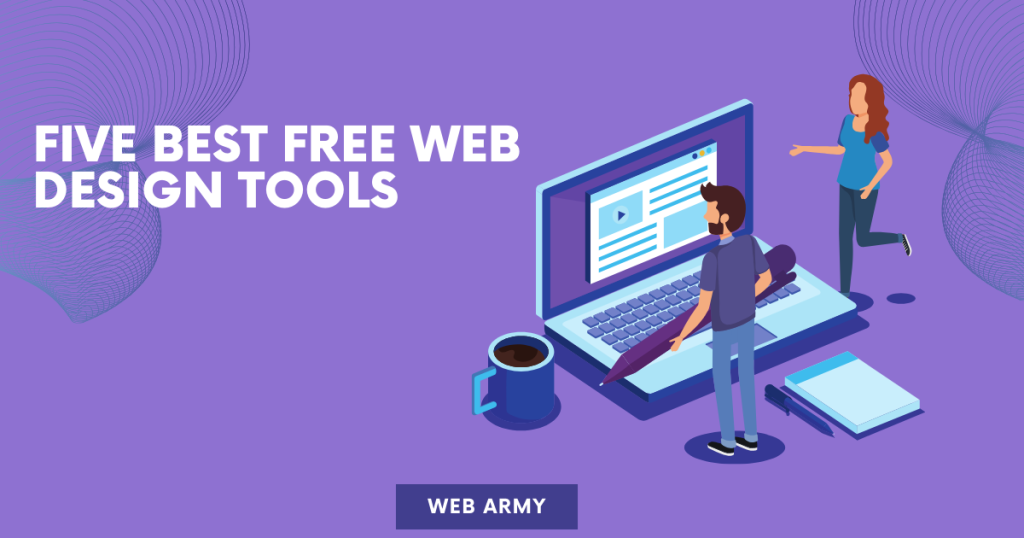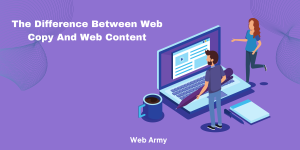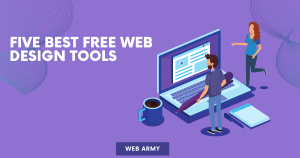Understanding the Landscape of Free Web Design Tools:
Web design tools encompass an array of categories, each catering to distinct stages of the design process. From wireframing tools that shape initial concepts to graphic design platforms that add visual splendor, these tools redefine the art of website creation. The emergence of free options extends a lifeline to individual designers and small businesses, offering access to cutting-edge resources without imposing financial constraints.
Criteria for Selecting the Best Free Web Design Tools:
The journey of selecting a web design tool demands a discerning eye. The tool’s usability, feature set, and the strength of its user community collectively influence the choice. Striking a balance between functionality and user-friendliness is paramount, ensuring the selected tool seamlessly integrates into your creative workflow.
1.Wix :
Crafting Versatile Websites with Ease Wix emerges as a powerhouse among free web design tools, offering an intuitive website builder with diverse features.
Key Features:
- Drag-and-drop editor for effortless design customization.
- A plethora of customizable templates for different purposes.
- Content management tools and online collaboration features.
- Fully managed hosting services, including security protection and backups.
Benefits:
- It is ideal for beginners and non-professionals due to its user-friendly interface.
- Wide variety of templates suitable for blogs, e-commerce sites, and more.
- Offers a holistic web design experience, including hosting and maintenance.
Drawbacks:
- There is limited functionality in the free version, with some advanced features requiring payment.
- Fewer plugins and customization options compared to platforms like WordPress.
2.Canva
Expanding Graphic Design into Web Design While renowned for its graphic design capabilities, Canva seamlessly transitions into web design with its versatile features.
Key Features:
- Library of web page templates for various needs.
- User-friendly drag-and-drop editor for effortless customization.
- Incorporation of free images, graphics, and elements into web pages.
Benefits:
- It provides endless customization opportunities for creating unique designs.
- Simplifies the design process for those who have yet to gain extensive design experience.
- Offers free hosting with Canva branding elements.
Drawbacks:
- Limited search functionality for templates.
- Not optimized for advanced SEO or eCommerce needs.
3. WordPress:
The CMS Powerhouse for Web Design .WordPress is well-known in web design and offers many free features for everyone to use.
Key Features:
- Extensive plugin ecosystem for enhanced customization.
- Built-in blogging capabilities and content creation tools.
- User-friendly interface with a supportive community.
Benefits:
- Offers limitless customization through plugins, themes, and templates.
- Well-suited for different types of websites, from blogs to e-commerce platforms.
- It provides built-in blogging features, saving users from relying on separate tools.
Drawbacks:
- Requires domain and hosting, which may involve additional costs.
- Customization may demand attention and a learning curve for beginners.
4. Origami:
Facebook’s Mobile-Centric Design Tool Origami, designed by Facebook, specializes in mobile prototypes and wireframes, focusing on mobile-first design.
Key Features:
- Animation capabilities for micro-interactions.
- Tools for mobile application and website prototyping.
- Connectivity with other devices like Figma for expanded features.
Benefits:
- Streamlines mobile application prototyping and wireframing.
- Animation tools enhance user experience and aesthetics.
- Perfect for those prioritizing mobile-first design principles.
Drawbacks:
- Limited collaboration features compared to some other tools.
- Requires a learning curve for effective utilization.
5. Figma:
Collaborative Interface Design Redefined Figma reimagines design collaboration, making it an essential tool for team-based projects and interface design.
Key Features:
- Real-time collaboration for seamless teamwork.
- Wireframing and prototyping capabilities.
- Compatibility with other tools for enhanced interconnectivity.
Benefits:
- Revolutionizes design collaboration with real-time accessibility.
- Ideal for team-based web design projects.
- Supports wireframing and prototyping for interactive web experiences.
Drawbacks:
- Limited collaboration capabilities in the free version.
- Occasional performance issues reported by users.
Conclusion: Empower Your Web Design Journey Each free web design tool presents a unique approach to creating captivating websites. Wix excels with its versatile website builder, while Canva adds design flair beyond graphics. WordPress remains a powerhouse CMS, Origami prioritizes mobile-first design, and Figma redefines collaboration in innovation.
Selecting the right tool hinges on your design preferences and project requirements. By harnessing the capabilities of these tools, you can transform your web design visions into reality without the burden of costly software. Embrace the creative possibilities and craft websites that leave a lasting impression.
Enlist Professional Web Design Services
Turn to Web Army for expert web design services. Our vetted, skilled developers collaborate to create websites that fulfil your vision and surpass expectations. With a focus on exceptional user experiences, Web Army empowers you to embark on a digital journey of innovation, creativity, and growth.







